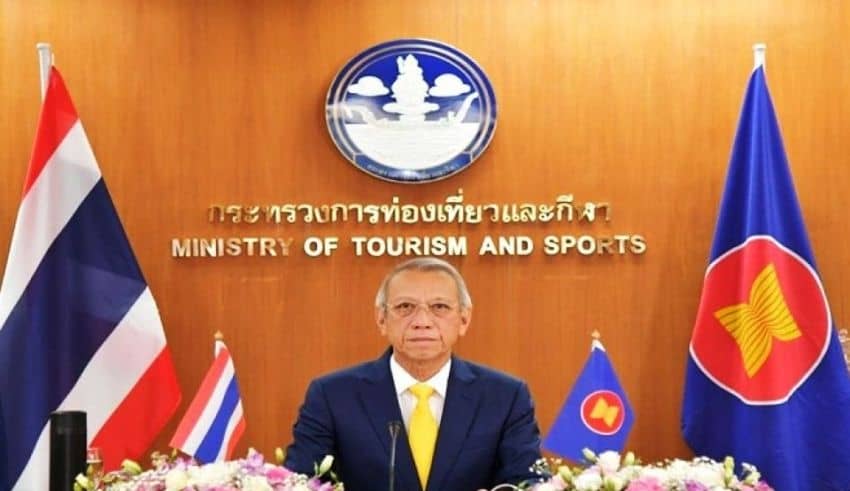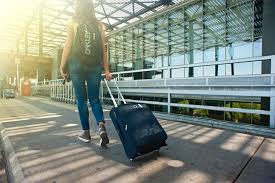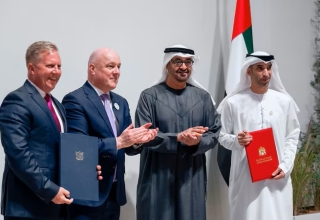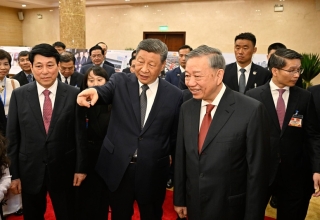
Last updated on May 7th, 2021 at 09:04 am
Tourism ministers of the Association of Southeast Asian Nations (ASEAN) have agreed to integrate efforts to revive tourism. Countries in the region will work together after the end of the (COVID-19) coronavirus.
Thailand’s Tourism and Sports Minister Phiphat Ratchakitprakarn said ASEAN ministers including him reached the agreement in a special video conference. In the video conference they discuss tourism situations in Southeast Asia. The meeting chaired by the tourism minister of Cambodia discussed measures to quickly stimulate tourism. Also the assistance for the tourism sector of Southeast Asia, he said.

Thailand was offering help to its affected tourism sector and would improve the skills of tourism-related personnel and develop tourists’ safety and hygienic tourist services, and the origin of tourism, Mr Phiphat said. The meeting adopted a joint communique that ASEAN members would exchange information on public health. Also COVID-19 control measures and seek support from other regions. Sharing experiences in the COVID-19 pandemic to prepare for other threats in the future, the minister said. Meanwhile, Up to 6 million people are expected to lose their jobs in the tourism sector as a result of the coronavirus pandemic, a report said. Reports from the UN’s International Labour Organization (ILO), as well as the University of the Thai Chamber of Commerce, said that unemployment will affect millions of people in Thailand’s tourism sector. A critical industry that accounted for 21 percent of the country’s GDP. “Thailand’s tourism sector has overcome many past shocks, including natural disasters and political instability,” the UN report said. “However, there may be new emerging sources of risks that may need to be considered.” It added, “The magnitude of the current socio-economic shocks that come from the health and economic effects tied to the current COVID-19 pandemic are, however, unprecedented in recent history.” The briefing cited information provided by Thailand’s National Statistics Office. The data used was collected from January to March. Before a raft of restrictive measures were imposed. Including a 10pm to 4am curfew and ban on inbound commercial flights. The report also did not account for Thailand’s informal workers, whose jobs have been put at risk by the pandemic.
























